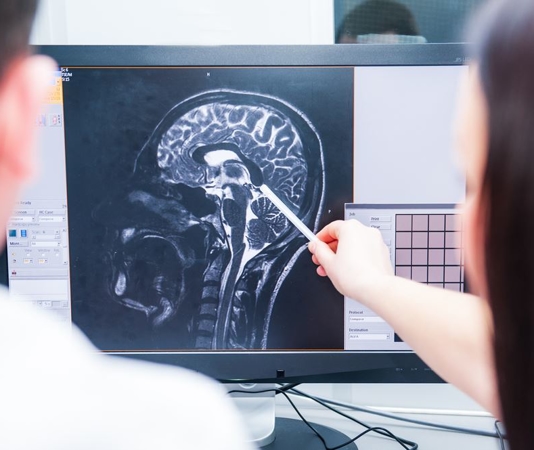Traumatic brain injury (TBI) affects millions of people globally each year, with the majority classified as mild or moderate. While most people recover quickly, some experience prolonged symptoms that impact their day-to-day lives and ability to work. Predicting return-to-work (RTW) rates is critical for optimal treatment and reducing the societal cost of TBI. Previous studies have focused on examining patient and injury characteristics as predictors of RTW, but less is known about workplace-related factors.
This study aimed to evaluate work-related predictors of RTW for people with mild-to-moderate TBI, including factors related to the psychosocial work environment and workplace, age, sex, education, marital status, injury severity, presence of extracranial injury, and symptom burden. The study included 116 patients who had been employed for at least 18.75 hours per week before their injury, and who were sick-listed for at least 50% of their working hours due to post concussion symptoms. The patients were randomized to receive either usual treatment or a combined cognitive and vocational intervention.
The study found that several factors predicted a lower likelihood of returning to work, including being female (16% less likely than men), having a low predictability work environment (8% decrease in likelihood per increase in score), and working in a role with low rewards and recognition (4% decrease in likelihood per increase in score). However, there were some positive predictors, such as working in the public sector (16% more likely to return to work than those in the private sector) and having higher quantitative demands in their role (5% increase in likelihood per increase in score).
This study highlights the complexity of the RTW process and identifies amendable factors in the process, which may be targeted for potential intervention to improve RTW rates and work participation in patients with mild-to-moderate TBI. Future studies should examine the impact of changes in work tasks or positions, or changes in jobs after a TBI, and evaluate this with regard to psychosocial and organizational factors at the workplace.
Fure SCR, Howe EI, Andelic N, et al. Workplace Factors Associated With Return to Work After Mild-to-Moderate Traumatic Brain Injury. Journal of Head Trauma Rehabilitation. (2023).

